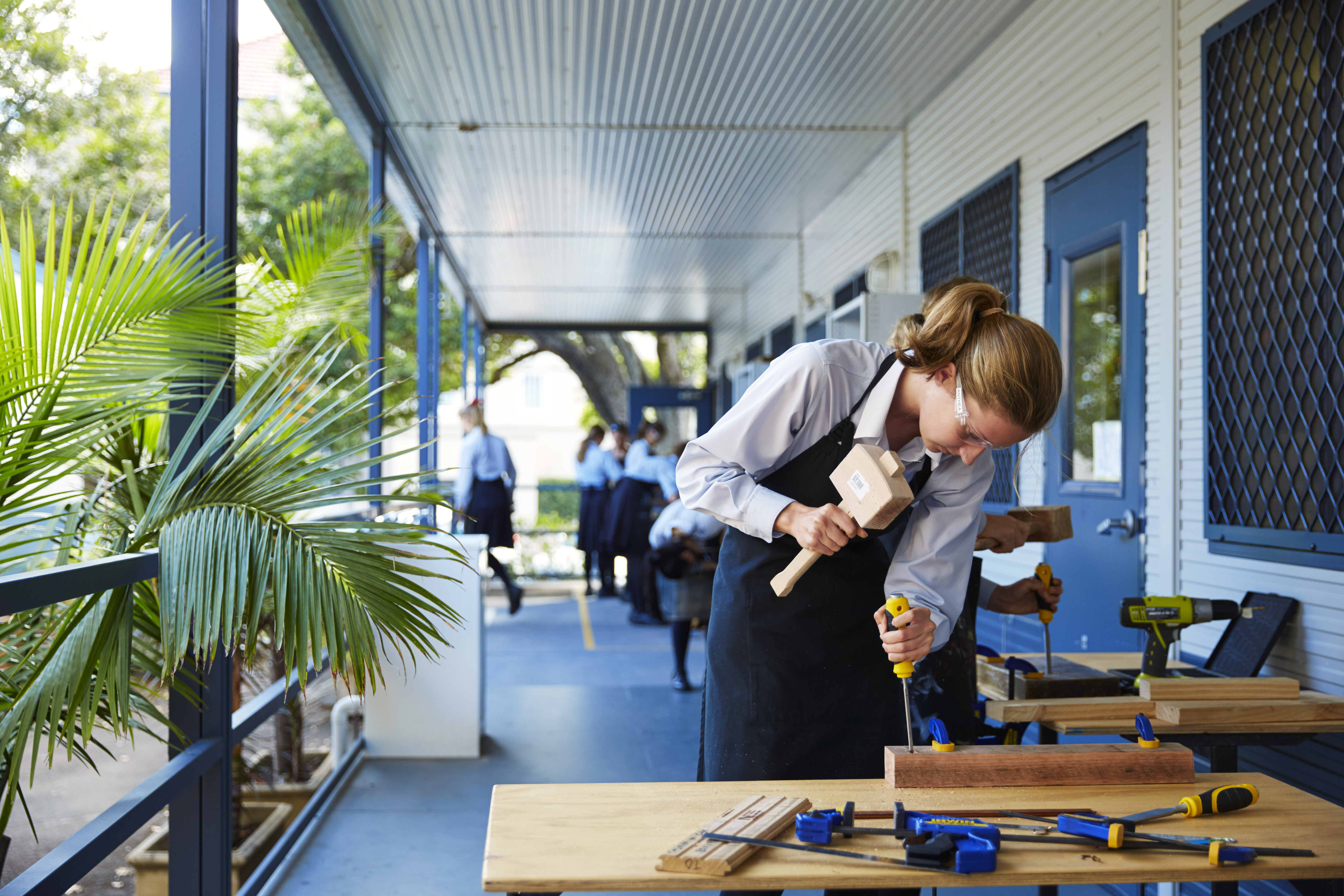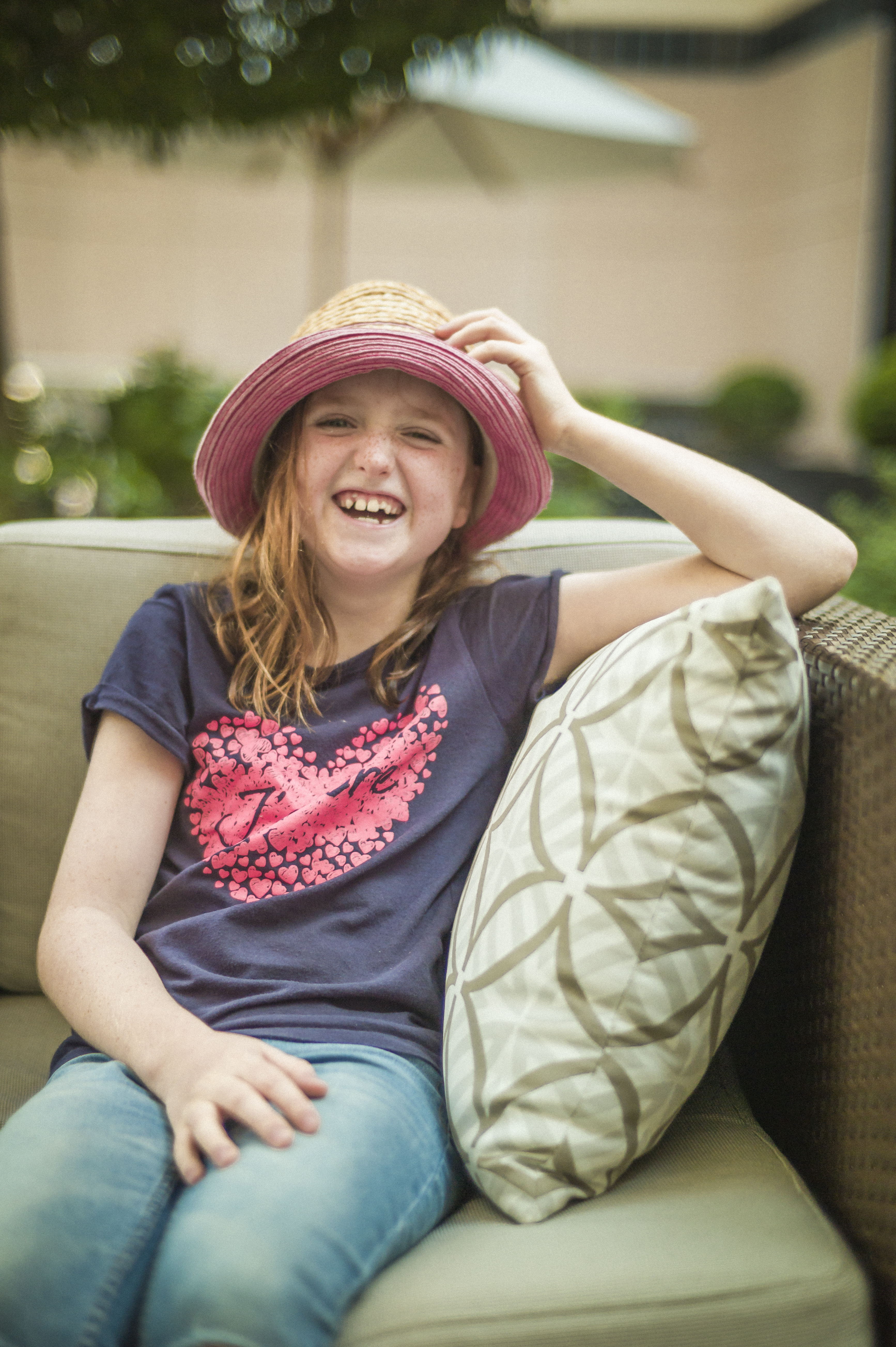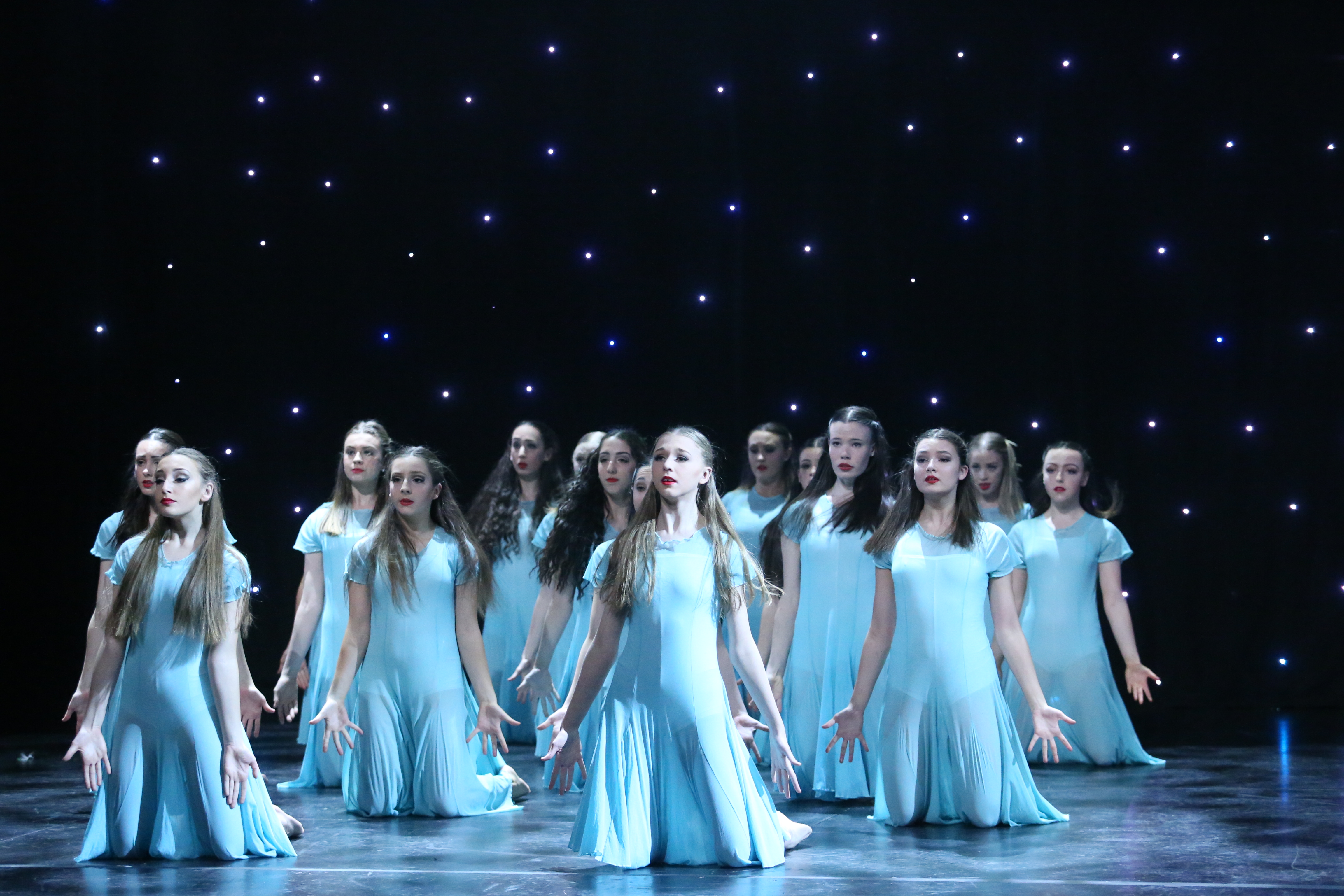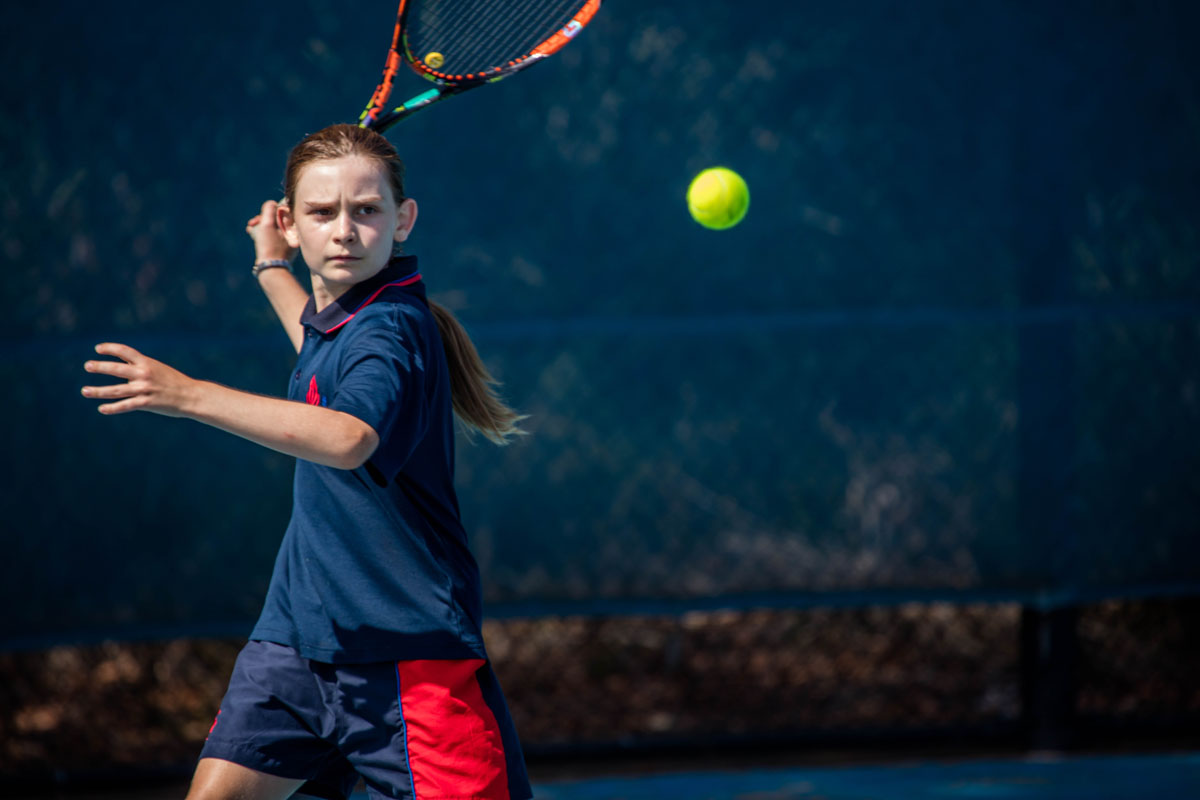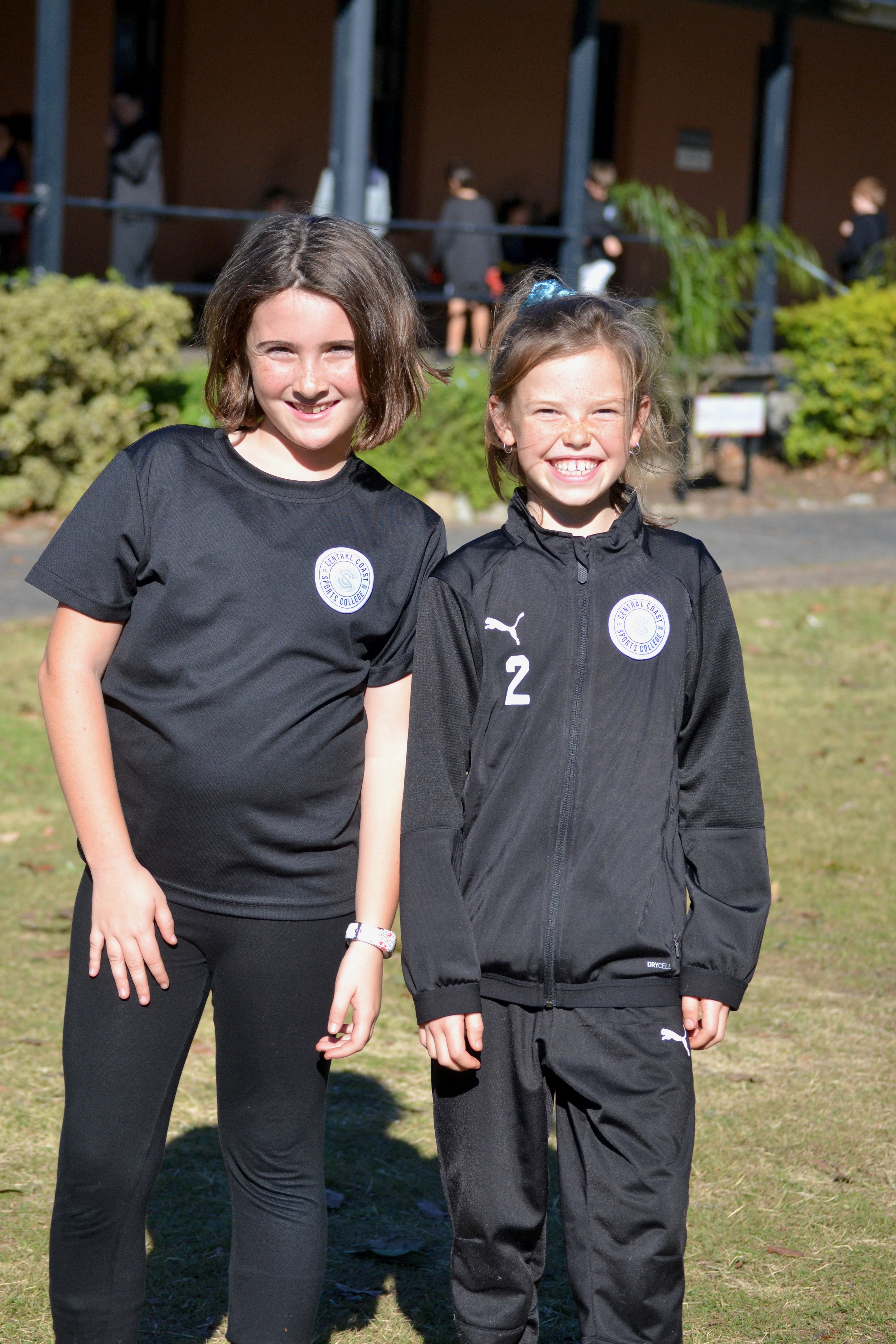
A little independent school near Gosford is making big waves with an active education model that sees students playing sport for two hours every day.
Founded by principal Paul Chapman in 2013, Central Coast Sports College (CCSC) in Kariong is a “proudly progressive” co-ed, K-12 school that emphasises physical activity and goal setting to help students achieve their dreams — on and off the field.
Mr Chapman says that many of the school’s former students are currently playing sport at “a high representative level”. He offers the example of recent graduate Trent Buhagiar who now plays A-league football with Sydney FC while another, Cooper Griffiths, is one of the top 100 tennis players in the country.
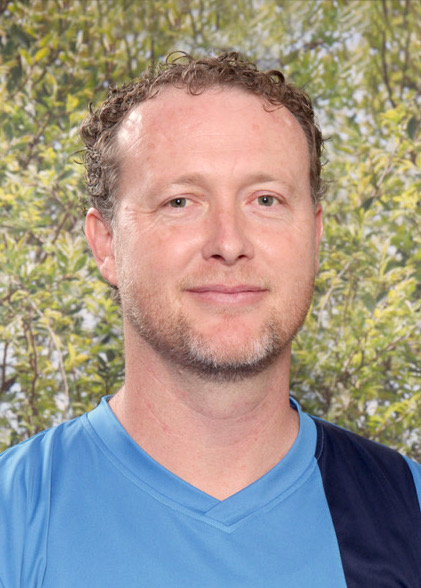
Not all students at CCSC can or even want to become professional athletes but the school’s holistic approach to developing the body as well as the mind fosters deeper academic engagement and promotes better health and wellbeing, Mr Chapman says.
“Our goal is to inspire students to be the best they can be”, he says.
“One of the things we’re very proud of is the vast majority of our students end up in the workforce or higher education because they set a goal and they achieve it. Some of our students didn’t get the ATAR they wanted but got into their preferred course through alternative pathways,” Mr Chapman says.
Academic or athletic, success comes down to resilience, he says.
“I believe talent is a myth. In her book, Grit: The Power of Passion and Perseverance, [famed psychologist] Angela Duckworth says talent is just the speed at which we learn something.
“We know that every student learns at different rates and speeds. We’re trying to really hard to introduce mastery teaching, which means students don’t move on until they’ve mastered a topic. Some kids take two weeks to learn something, others take four weeks. We’re very much against rushing kids along just because they’re a certain age.
“We don’t promote competition in the classroom and we don’t believe in ranking students or external awards. We believe in developing grit in the students.
“They don’t need to be a star but they need to be keen to learn and play. If they give it a shot and work hard, they’ll be successful here. It doesn’t matter about their ability, we have a wide range of developmental levels and we manage it really well.
“A lot of kids come here at a very low level and I’ve seen them develop into high performers,” Mr Chapman says.
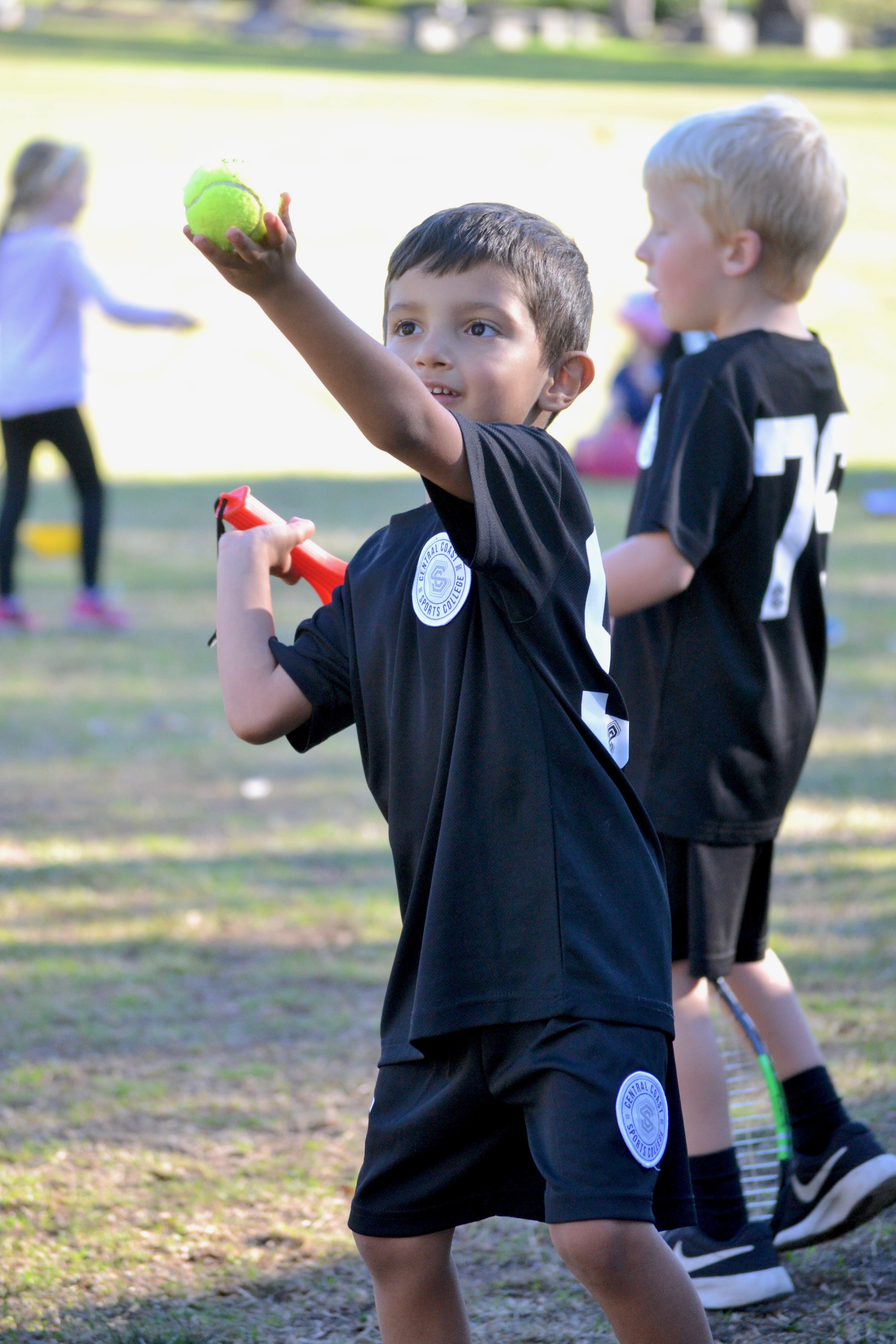
The active days at CCSC are good news for parents too. With sport integrated into the school day, there’s no need to ferry kids all over the city for games and training sessions.
This aspect of the school has proved so attractive that “a few families have moved interstate so they can send their kids here,” Mr Chapman says.
Easing the time pressure on young families is one of the school’s guiding principles and with three boys at the school he’s a beneficiary too.
“It’s very much about bringing balance back to family lives. As a parent, I haven’t had to do any extracurricular activities,” Mr Chapman says.
The school’s no homework policy is based on similar reasoning.
“I don’t think we have a right to inject ourselves into family time. We have plenty of students who get their work done in the classroom and want to go home and play. There’s no rush to grow up here; if a child wants to climb a tree, let them.”
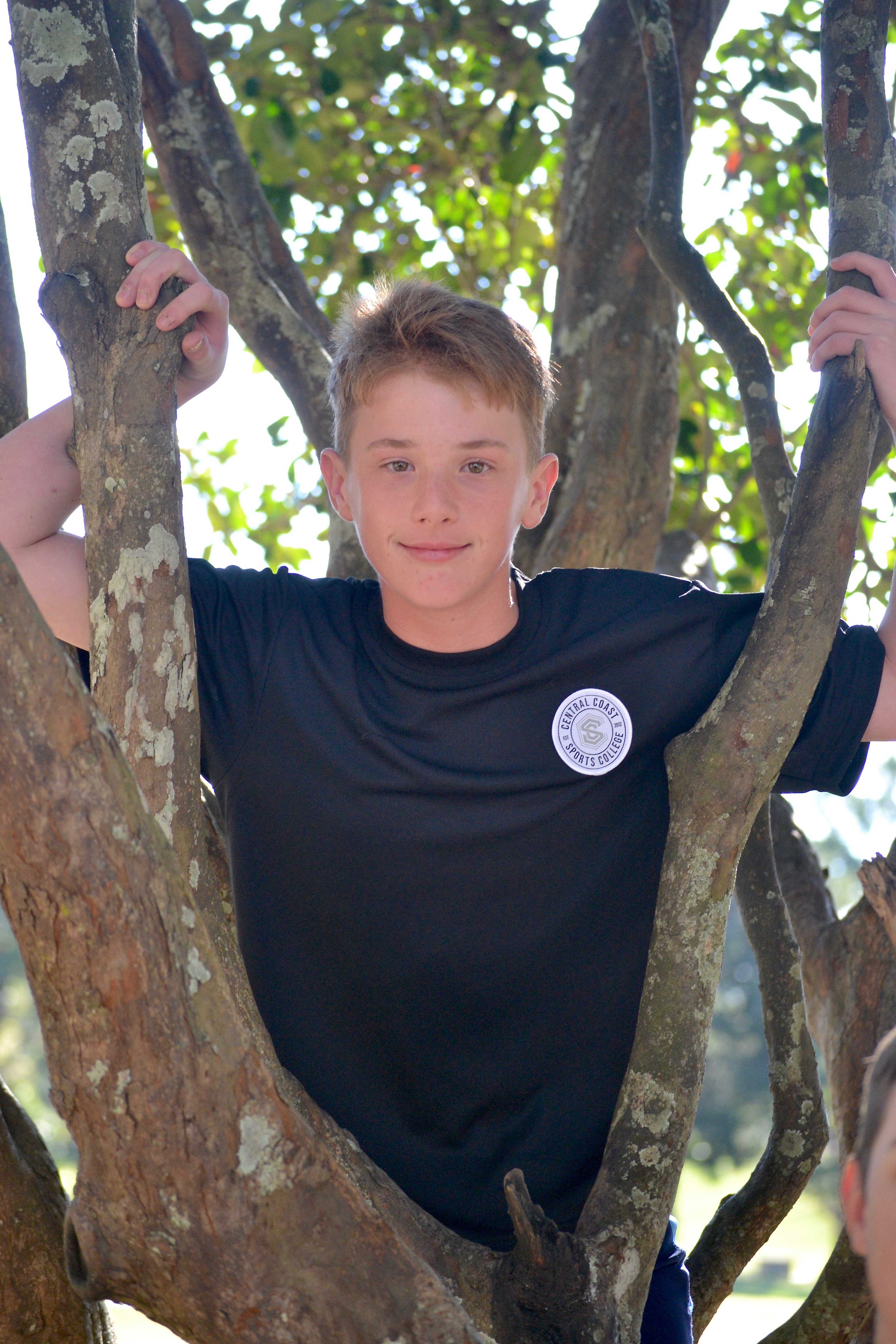
Some parents may wonder how CCSC students get through all their school work with so much sport and no homework. Mr Chapman attributes the school’s efficiency to streamlined days and a teacher/mentor model that uses technology to achieve time savings.
“Our days are a half hour longer than the average and we tend not to fluff around. We don’t have assemblies or chapel.
“We leverage technology. All the students’ work is online. Right now, we have a student in Spain training with a football talent agency who is keeping up with his school work online.”
Even more important is the investment teachers make in building long-term relationships with students, he says.
Explaining that students retain the same home room teacher from Kindergarten to Year 2, from Years 3-8 and from Years 9-12, Mr Chapman says: “The home room teacher is a mentor. They really get to know the children, spending time with them every day. They help to facilitate work experiences and formulate life goals.
“If the students are engaged in the classroom there’s no reason that they shouldn’t get through the curriculum during class time. When you move from control to engagement, you have more time to concentrate on teaching.”
“The biggest thing about us is we are really authentic, we do our best and it comes from the heart.”
For more information about Central Coast Sports College and to book a school tour see: www.ccsc.nsw.edu.au
